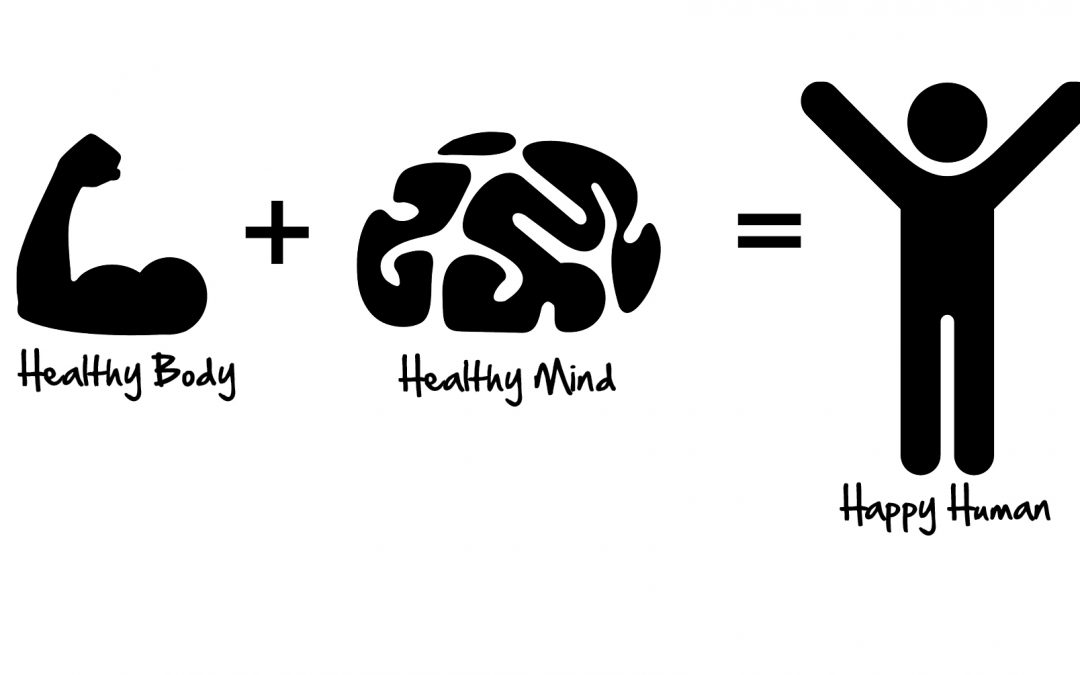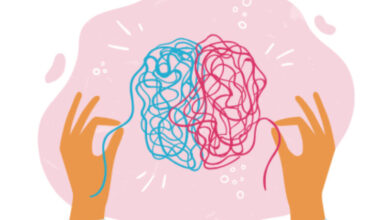AdvertisingHealthMiscellaneous
Mental Health and Physical Health
Treating Mental and Physical health together…
When people talk about their health you automatically think about your physical health and not what’s going on in your mind. Poor physical health can lead to an increased risk of mental ill health. Similarly, poor mental health can impact on physical health, leading to an increased risk of some conditions.
In the UK, the NHS, physical care and mental health care have largely been disconnected. There is an increasing call on healthcare professionals to consider a patients wellbeing when treating the physical symptoms of a condition and vice versa.
Below are some of the affects mental health has on physical health:
Depression has been linked to:
- Increased risk of death from heart disease.
- Increased risk of death from cancer.
- Skin conditions such as psoriasis. The impacts of this can be cyclically linked: the condition can cause emotional distress which can trigger a psoriasis flare and, as a result, cause further distress.
- Schizophrenia is associated with:
- Double the risk of death from heart disease
- Three times the risk of death from respiratory disease.
This is because people with mental health conditions are less likely to receive the physical healthcare they’re entitled to. Mental health service users are statistically less likely to receive the routine checks (like blood pressure, weight and cholesterol) that might detect symptoms of these physical health conditions earlier. They are also not as likely to be offered help to give up smoking, reducing alcohol consumption and making positive adjustments to their diet.
Ways to keep your mental and physical health where it should be:
Exercise
Physical activity is a great way to keep you physically healthy as well as improving your mental wellbeing. Doing exercise influences the release and uptake of feel-good chemicals called endorphins in the brain. Even a short burst of 10 minutes brisk walking increases our mental alertness, energy and positive mood. Read the Let’s Get Physical report for more on the positive health benefits of physical activity. Physical activity means any movement of your body that uses your muscles and expends energy. From tending your garden to running a marathon, even gentle forms of exercise can massively improve your day to day life.
Diet
A good daily diet is a crucial factor in influencing the way we feel. The food we eat can influence the development, management and prevention of numerous mental health conditions including depression and Alzheimer’s.
Smoking
Smoking has a negative impact on both mental and physical health. Many people with mental health problems believe that smoking relieves their symptoms, but these effects are only short-term.
- People with depression are twice as likely to smoke as other people.
- People with schizophrenia are three times as likely to smoke as other people.
Nicotine in cigarettes interferes with the chemicals in our brains. Dopamine is a chemical which influences positive feelings, and is often found to be lower in people with depression. Nicotine temporarily increases the levels of dopamine, but also switches off the brain’s natural mechanism for making the chemical. In the long term, this can make a person feel as though they need more and more nicotine in order to repeat this positive sensation.





